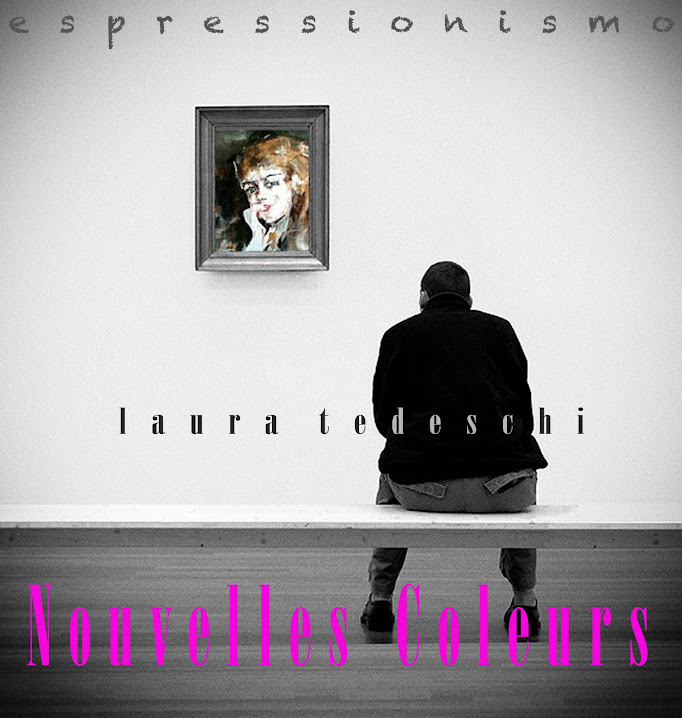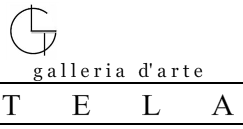Vienna - The Türckenschanzpark in a rainy day on April 2011
Shot by laura Tedeschi
In greek "nostos" means "return" and "álgos means "suffering". So nostalgia is the suffering caused by the unfulfilled desire to return. For this fundamental notion most Europeans can use a word of Greek origin (nostalgia) and other words that have roots in the national language;
the apaniards say "añoranza", the portuguese say "saudade". In each language these words have a different semantic nuance. Often mean only the sadness caused by the inability to return home. Longing for their homeland. Regret the home country, which, in inglish, is said "homesickness", or, in german, "heimweh" in dutch "heimwee". But these words are all a reduction of this great concept. One of the oldest European languages, Icelandic, distinguishes the two terms: "söknudur" nostalgia in the broadest sense, and "heimfra" longing for their homeland. For this notion the Czechs, next to the word "nostalgia" taken from greek, they all have a particolar noun: "stesk", the most movingly czech sentence of love is: "styská se mi po tobe" I miss you, I can not bear the pain of your absence. In Spanish, "añoranza" comes from the verb "anor" nostalgic, which comes from the Catalan enyorar, in turn derived from the latin ignore.
Given this etymology, nostalgia seems to be the suffering of ignorance. YOU ARE FAR AWAY, AND I DON'T KNOW WHAT IS ABOUT YOU.
My country is far away, and I do not know what's going on there. Some languages have some difficulty with nostalgia: the French can not express it except with the noun of greek origin and not on the verb, they can say: je m'ennuie de toi (I miss you "), but the verb s'ennuyer is probably too small for a feeling so bad. The Germans rarely use the word "nostalgia" in its greek form and prefer to say "sehnsucht" the desire for what is absent, but the sehnsucht can be applied to what it was like to that which has never been (a new adventure ) and therefore does not necessarily imply the idea of a "nostos" to include in sehnsucht the obsession of the return should be added a complement: sehnsucht nach der vergangenheit, nach der verlorenen kindheit, nach der ersten liebe (longing of the past, 's lost childhood, first love ").
From the preface of the book "Ignorance" of M. KUNDERA:
"How old were you?".
"Only twenty. And then the games were made, once and for all. That's where I made a mistake, an error is difficult to define, subtle, but from which stemmed all my life and I have never succeeded to remedy. "
"An irreparable mistake committed in the age of ignorance."
"Yes."
"It 's at that age that people get married, you have the first baby, you choose a profession. Then comes the day when you know and understand many things, but it's too late, because your whole life has been decided at a time when you did not know anything. "


















+8.jpg)


